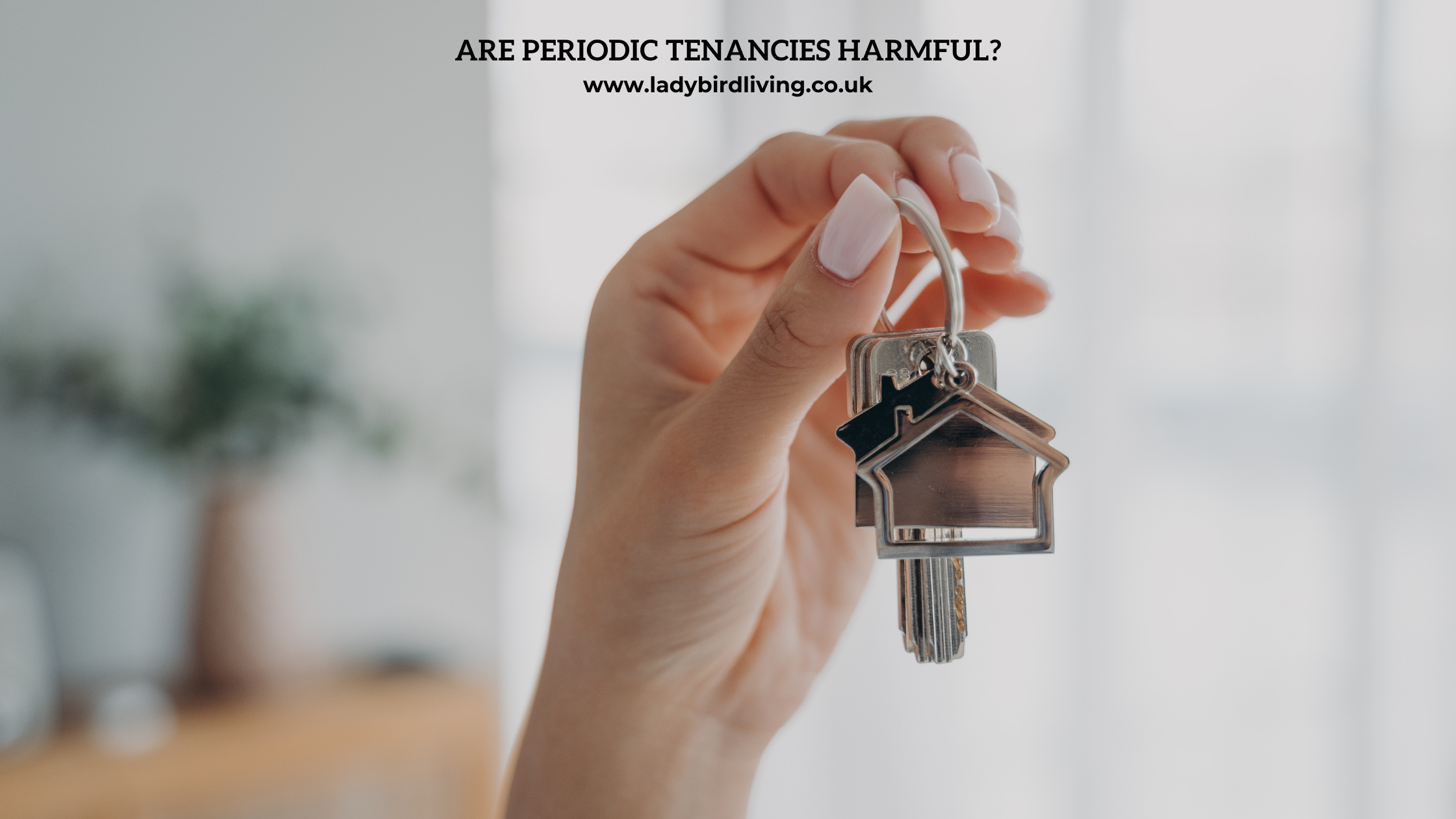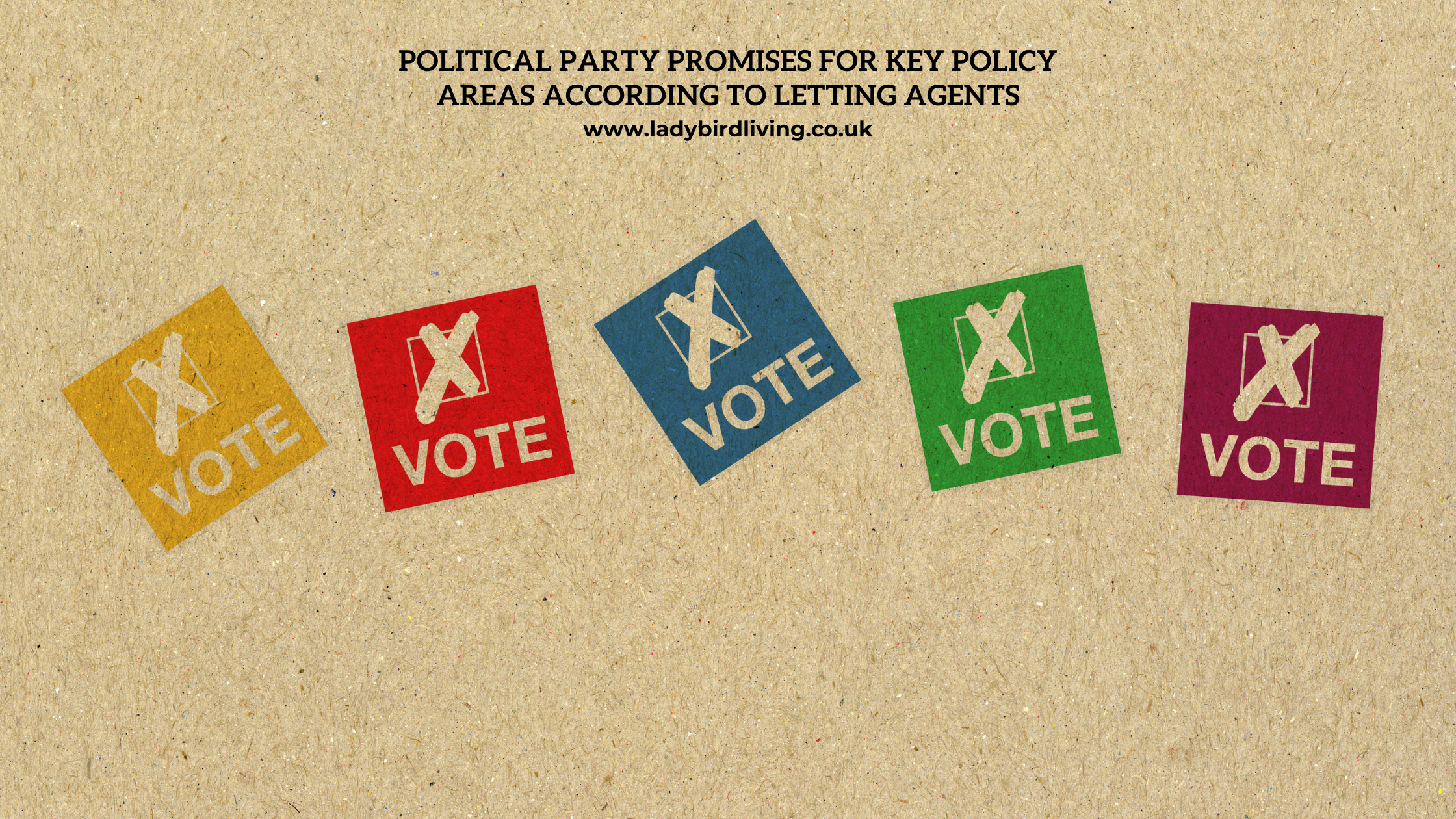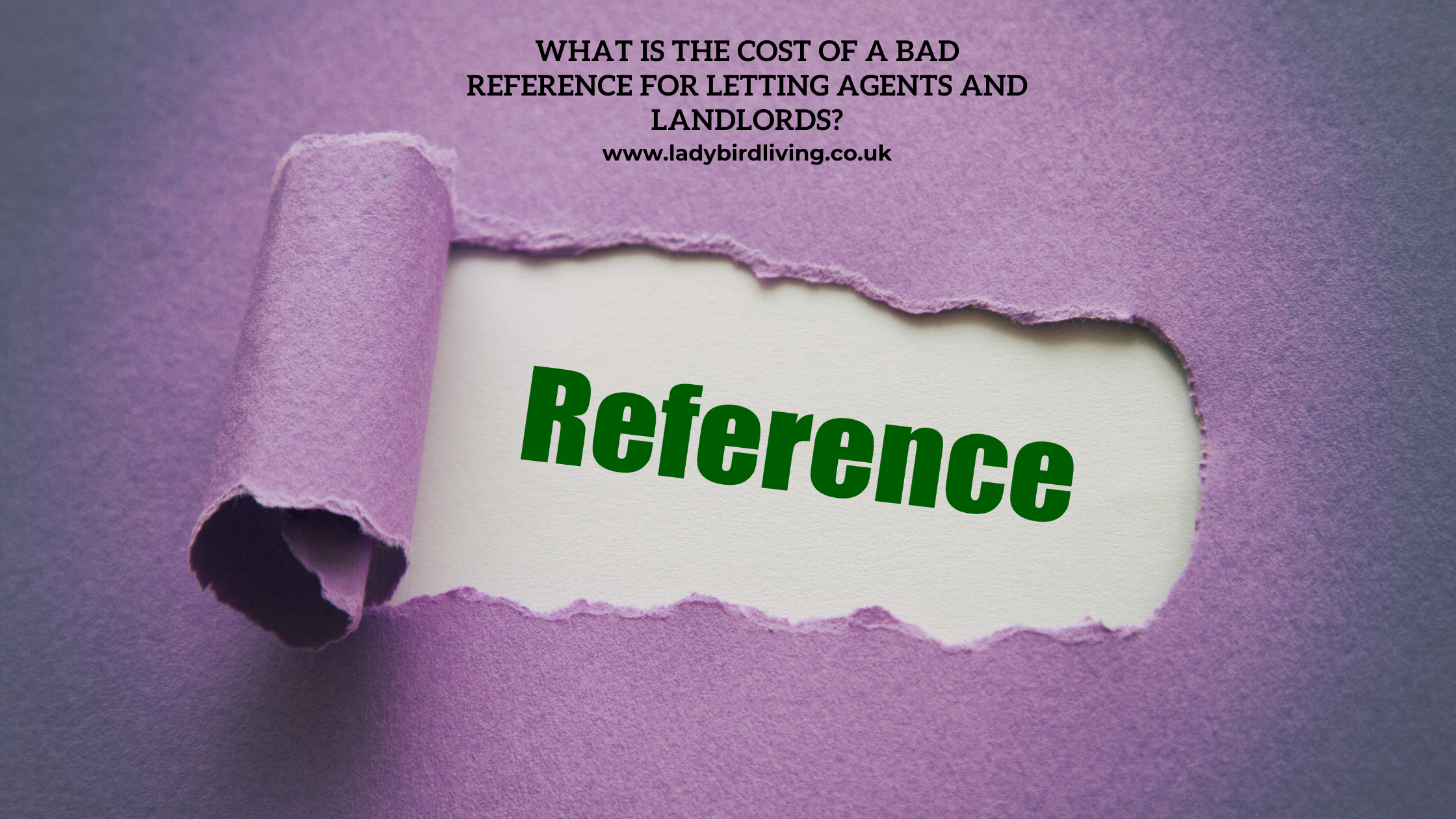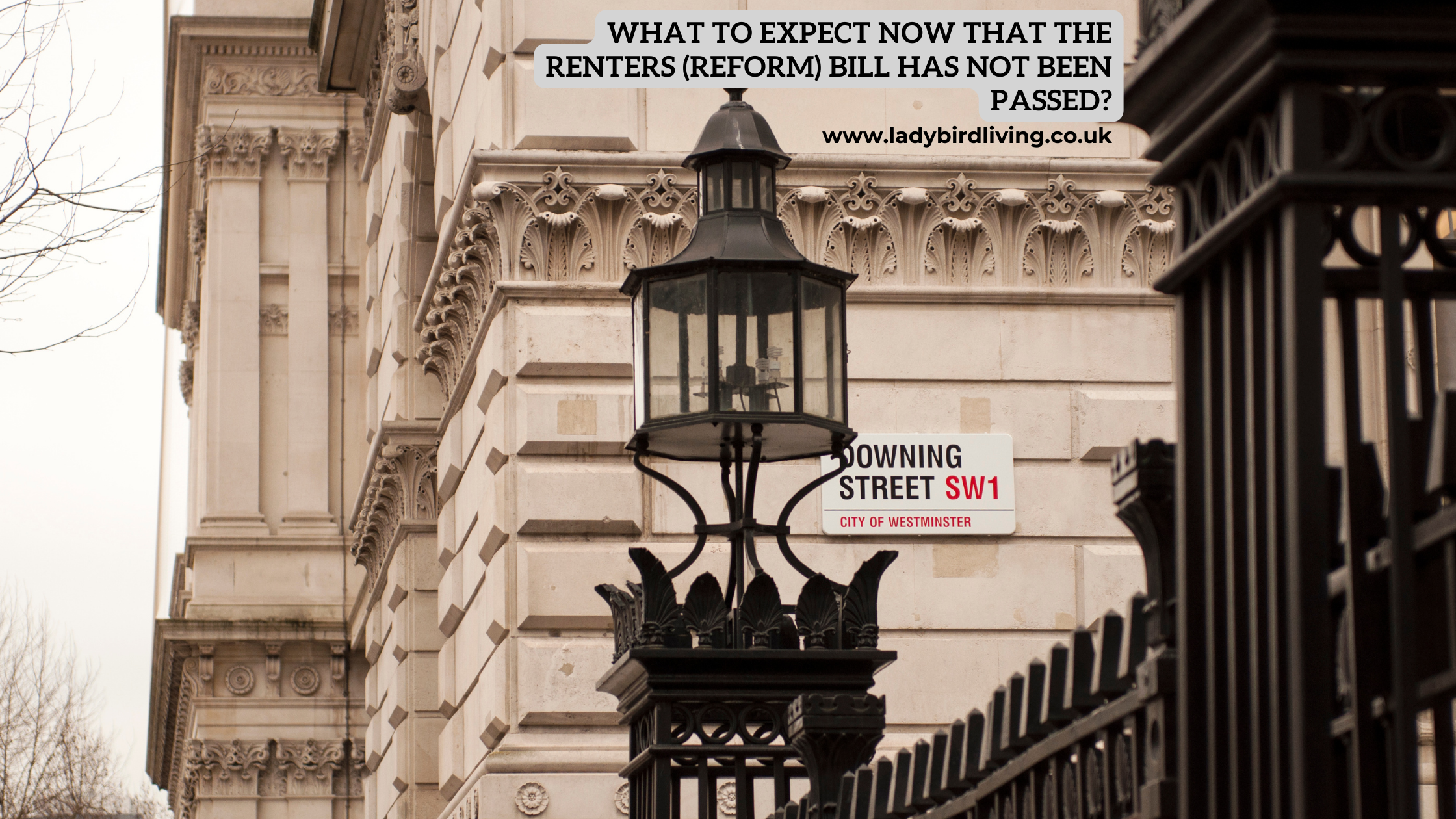
Chartered surveyors: what are they and what do they do?
A chartered surveyor can provide detailed, specialist advice on property-related issues. They can work out the value of properties and provide a report about whether certain properties are a worthwhile investment. Chartered surveyors are also involved in negotiations, and surveys of assets. These assets range from houses, commercial property and land to businesses, construction, and the environment. There are three main categories: construction and infrastructure, property, and land in surveying.
You would use a chartered surveyor if you wanted a valuation for a future or existing project or renovation. A surveyor can also assess the condition of an existing building or site and produce a report for a client. In addition, chartered surveyors can help you look for issues with the property, like roof issues, signs of asbestos, evidence of dampness, any visible structural movement, evidence of woodworm, and dangerous and invasive plants such as Japanese Knotweed.
Chartered surveyor firms must declare that The Royal Institution of Chartered Surveyors (RICS) regulates them on their marketing materials and platforms. RICS provide professional training, support and guidance, and global monitoring standards.
Do all surveyors have to be Chartered?
Surveyors do not have to be Chartered. However, if you are specifically looking for someone with certain qualifications and additional training, selecting a chartered surveyor may be best for you. All RICS surveyors, regardless of whether they have received chartered status or not, are fully trained and work to a high standard.
Watch our Chartered surveyors video here: Chartered surveyors: what do they do? – YouTube
T +44 (0)203 488 1488
E: info@ladybirdliving.co.uk
W: https://www.ladybirdliving.co.uk/
Recent Posts






